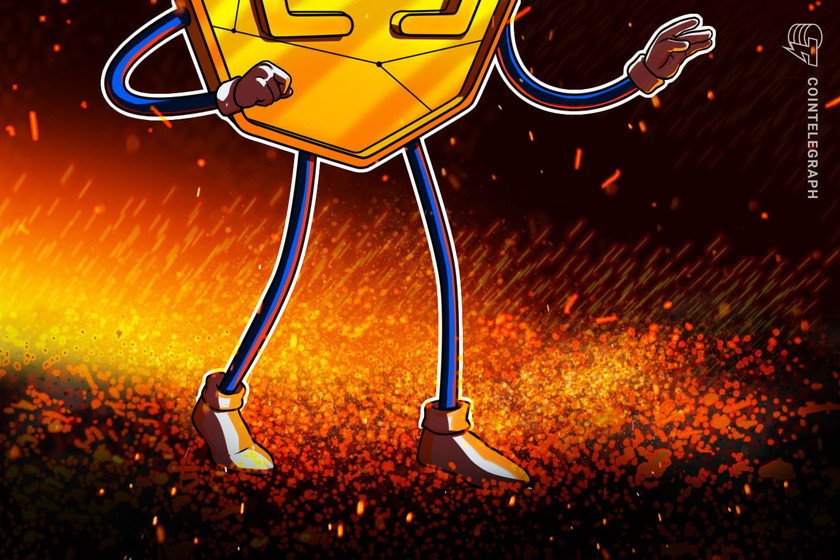Ask any Russian what they associate with the city of Tolyatti and the answer is automatic: cars.
Tolyatti is Russia’s Detroit, home to Avtovaz which produces the Lada, ubiquitous across Russia mainly because the brand is home-grown and cheap.
If you want to get a sense of how sanctions are affecting the Russian economy, Avtovaz is a good place to start.
Fleet of Russian tanks paraded through Kyiv – live updates
Not that Avtovaz, now back in state hands, would allow us into the factory.
The communications department were suspicious, convinced we would ridicule the fact that the more recent models off the production lines have no airbags, air conditioning or anti-lock braking systems.
We suggested that the pared-down models spoke for themselves. We weren’t let in.
UK imported no fuels from Russia in June while import of goods also dropped to £33m amid Ukraine war
Putin ally Alexander Dugin says daughter told him she felt ‘like a warrior’ and ‘a hero’ before she was killed in car bombing
Ukraine war: Cages put up in Mariupol concert hall for ‘show trial’ of prisoners of war condemned by UN
Russia’s car industry has been knocked sideways since Vladimir Putin sent troops into Ukraine, mostly because of price hikes, supply chain hits and nervy Western carmakers finalising their exit strategies.
Renault, which owned a majority stake in Avtovaz, pulled out in May, handing its stake back to the Russian state albeit with a six-year buy-back clause.
Volkswagen, Russia’s largest foreign investor, is reportedly scouting around for buyers of its Kaluga plant – and its workers there are furloughed till the end of 2022.
Car sales have plummeted, down 75% compared with July last year according to the AEB Automobile Manufacturers Committee, with Avtovaz experiencing a 68% drop in sales over the same period.
Production at Avtovaz’s vast Tolyatti factory was halted in April and May but resumed in June.
The first Granta and Niva models off the production lines after the pause have already been upgraded to include GPS emergency alert systems which were missing initially.
Airbags aren’t in yet, but they should be by the end of August. Anti-lock braking systems should arrive from China at some point next year.
In June, Grigory Basovitiy of the Molot trade union in Tolyatti gave an interview where he reeled off an exhaustive list of the spare parts Avtovaz was having difficulty sourcing.
“Today most of those problems have been resolved,” he tells us. Now the problems are logistical, getting the parts in from China or Kazakhstan.
“The fact that China has capabilities and technology and that they are now replacing what Europe has given up is no secret. We already hear from Western manufacturers that if they leave, someone else will replace them. And now we see how that works.”
‘It’s not like Soviet times’
Plenty of Western companies are sitting tight, their operations on hold or indeed not.
According to analysis from strategic consulting group Macro-Advisory, most companies which have left are either small (i.e. in retail fashion), or have sold to local buyers (like the headline-grabbing Renault or McDonald’s).
“We calculate the hit to GDP at less than 1% because operational assets will remain in the country,” reads its latest research note.
“Russia is still part of the market despite the sanctions,” says Azat Temirkhanov from the Autostat car analytics agency in Tolyatti.
“It’s not like Soviet times when there was an iron curtain. We still have economic integration, we just need to rebuild the supply chains.”
That’s the message the Russian state likes to project. But the doomsday predictions from those first few months of sanction headlines have abated slightly.
‘So much for your sanctions’
Russia’s Central Bank has improved its forecast for GDP contraction this year, from 4 to 6% rather than 8 to 10%.
The International Monetary Fund has revised theirs down from an 8.5% hit to 6%.
The outlook is not great, Russia’s economy is set for extremely hard times. But it is not yet quite the economic death knell that some Western think tanks proclaim and that Ukraine’s supporters may be hoping for.
Tolyatti has experienced hard times before. The workers we spoke to were aggrieved about wages and a hoped-for return to a five-day week; sanctions seemed of secondary significance.
“You and your sanctions,” said Yuri Mukhoed, who’s been furloughed for two years already and who’s worked for Avtovaz since the 1990s.
“It’s useless to impose sanctions against Russia. Russia is self-sufficient.
“We wanted to be kind, unify the whole world around us, and now it turns out nobody needs us. Well, if you don’t want us, get this: Europe is now done, dead. They had it coming. How are they going to survive the winter without Russian gas and oil? With firewood? They still need Russia. So much for your sanctions.”
Tolyatti is the beating heart of Russia’s car industry, the worst hit sector sanctions-wise so far.
At the city’s Victory Park, a slick new urban development paid for by Avtovaz to celebrate its 50th anniversary, teenagers play ping pong and basketball to a background of Russian rap.
In another corner, couples dance salsa. The evening sun beats down after another baking hot day.
On the surface of things, as Russians continue to enjoy their summer, you could be forgiven for thinking they’ve forgotten there’s a war on.





